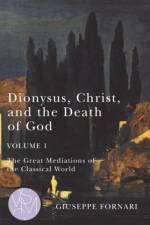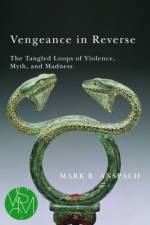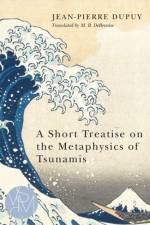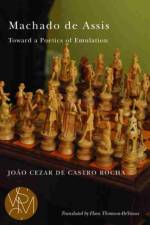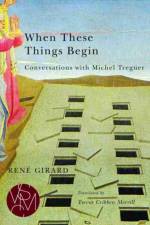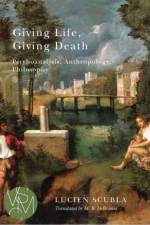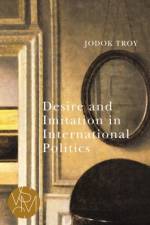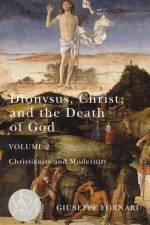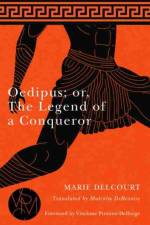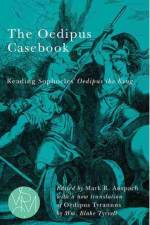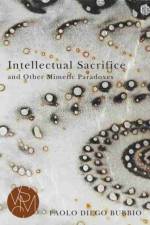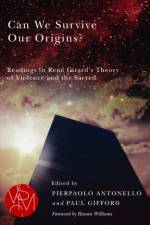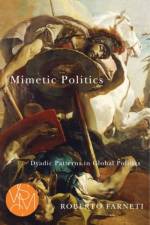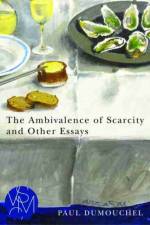av Wolfgang Palaver
461
A systematic introduction into the mimetic theory of the French-American literary theorist and philosophical anthropologist Ren Girard, this essential text explains its three main pillars (mimetic desire, the scapegoat mechanism, and the Biblical "e;difference"e;) with the help of examples from literature and philosophy. This book also offers an overview of Ren Girard's life and work, showing how much mimetic theory results from existential and spiritual insights into one's own mimetic entanglements. Furthermore it examines the broader implications of Girard's theories, from the mimetic aspect of sovereignty and wars to the relationship between the scapegoat mechanism and the question of capital punishment. Mimetic theory is placed within the context of current cultural and political debates like the relationship between religion and modernity, terrorism, the death penalty, and gender issues. Drawing textual examples from European literature (Cervantes, Shakespeare, Goethe, Kleist, Stendhal, Storm, Flaubert, Dostoevsky, Proust) and philosophy (Plato, Camus, Sartre, Lvi-Strauss, Derrida, Vattimo), Palaver uses mimetic theory to explore the themes they present. A highly accessible book, this text is complemented by bibliographical references to Girard's widespread work and secondary literature on mimetic theory and its applications, comprising a valuable bibliographical archive that provides the reader with an overview of the development and discussion of mimetic theory until the present day.

